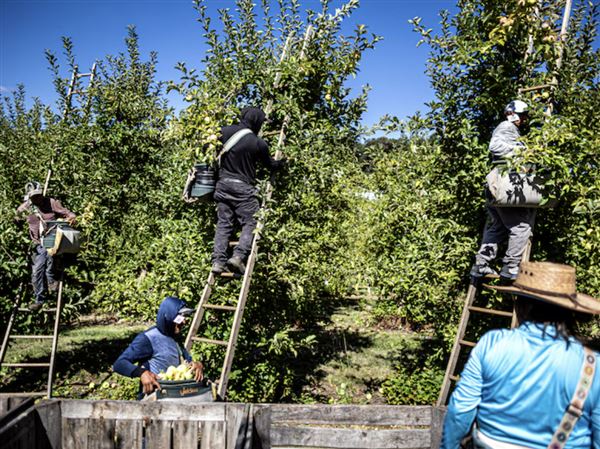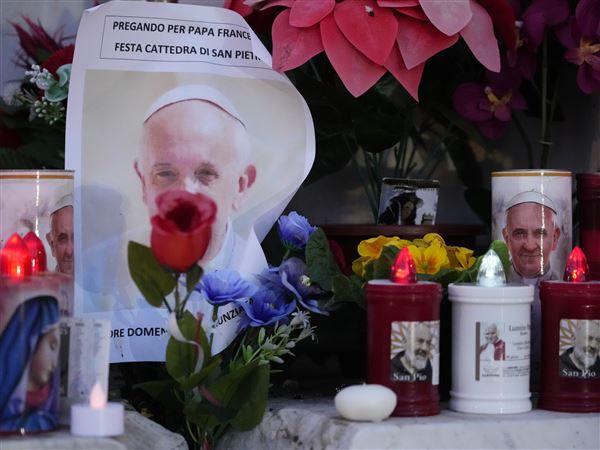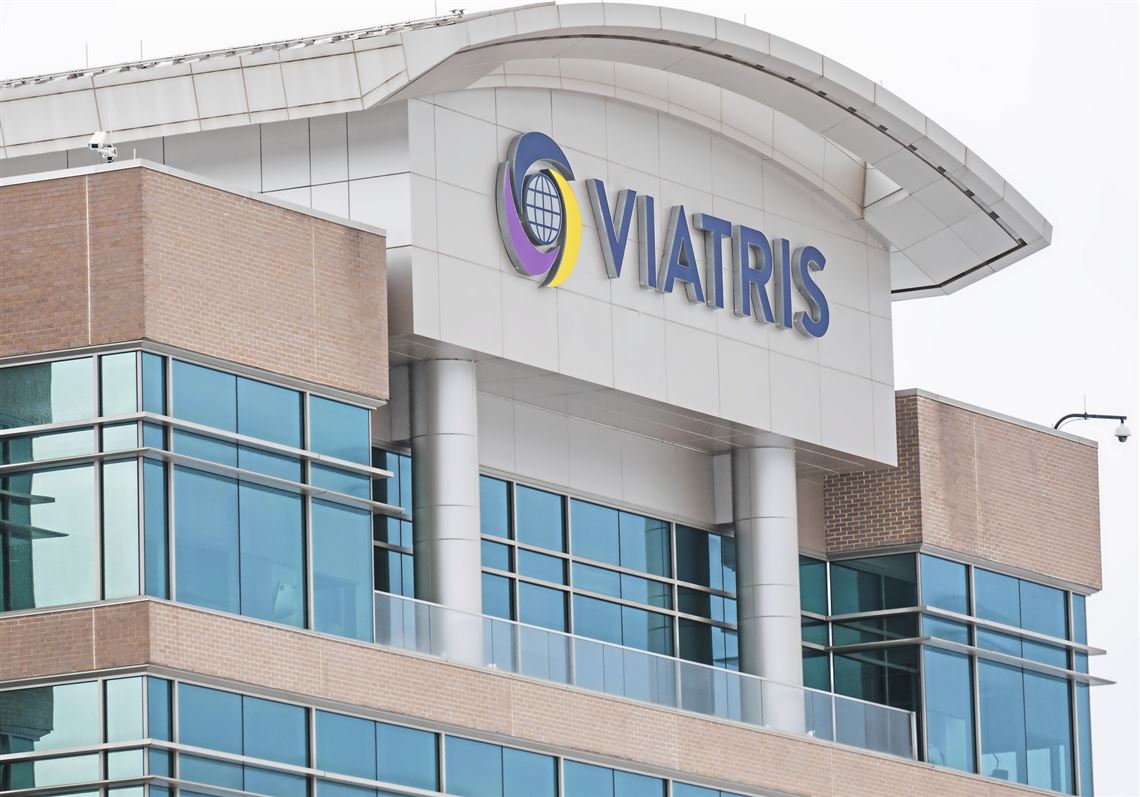It has been just weeks since hundreds of family-sustaining jobs were tossed away like so much garbage. Now comes the news that Viatris Inc. is looking to give away its flagship pharmaceuticals plant in Morgantown, W.Va., to West Virginia University.
The Cecil-based company, the product of a merger of Mylan and Upjohn, claims to have worked hard to find an operator for the drug plant but, well, no luck.
The company said that the lack of viable proposals amounts to proof that the company read right the tea leaves of the industry and market. The 56-year-old plant needed to be shuttered.
A shuttering which, of course, meant the loss of jobs that number around 1,500. Let that sink in: In a region that struggles to attract good-paying jobs, 1,500 people have lost theirs. That’s 1,500 families. That’s a contracting tax base that impacts not just the town but the region. Oh, but there were severance checks cut. And then there are unemployment benefits. And let’s not forget the promised job retraining.
It all stinks.
What was done to avert this disaster that was announced on the heels of the heralding of the merger of Mylan and Upjohn late last year? Not much. And clearly, not enough.
Where were the state’s U.S. Senators Joe Manchin and Shelly Moore Capito? Were they working with desperate union officials on securing a designation that the plant is part of the nation’s critical infrastructure? Were they spending any of their political capital to use that designation to keep the facility in operation? If they were, they didn’t get it done.
So, now Viatris says that, while it will entertain any expressions of interest from would-be operators of the Chestnut Ridge Road plant, in the meantime, the company will pursue formal discussions with WVU as a “responsible new steward” for the site. The university is “excited” to reach an agreement with local, state and federal partners, said WVU President Gordon Gee, who also noted in a statement: “We also will prioritize retraining and educational opportunities for recently impacted employees.”
“Impacted” — that’s a nice word for unemployed. So, are we to assume that this exciting plan won’t involve drug manufacturing? Won’t involve tapping the expertise of the workers who have kept this business churning for decades?
All that glitters isn’t gold. The United Steelworkers union has been pushing for elected officials to find a buyer that would maintain a working facility — and its jobs. And before the plant is gifted away perhaps for some purpose other than producing life-sustaining and life-saving medicine, maybe a major effort should be launched to help the union to serve its members as well as this country before a major pharmaceutical player shuffles off to Buffalo. (And, oh, if only it were Buffalo and not some farther away land.)
West Virginia Gov. Jim Justice has said that Viatris has not cooperated with his administration’s rescue efforts, including talks with two companies that had expressed interest in buying the plant. Justice said Viatris is “difficult to work with.” And USW Local 8-975 president Joseph Gouzd said Manchin and Moore Capito were uncommunicative and unhelpful.
There’s a lot of shame to shovel here.
Meanwhile, we ask again about the designation from the federal Cybersecurity and Infrastructure Security Agency that the Morgantown plant is, indeed, part of the country’s critical infrastructure. CISA, which is overseen by the U.S. Department of Homeland Security, sent a letter saying so to a number of West Virginia legislators at their request just before the plant closed on July 31.
Meantime, things are working out well for Viatris. The company recently reported “another quarter of strong results,” according to CEO Michael Goettler.
Businesses are in business to make money. True. But the business of government is people. The elected leaders of the great state of West Virginia should know this. They must lean into efforts to get the jobless back on the payroll and to get this plant producing medication for which there is a clear market. There is not convincing evidence that enough has been done to keep this operation operating.
First Published: August 23, 2021, 4:00 a.m.
















